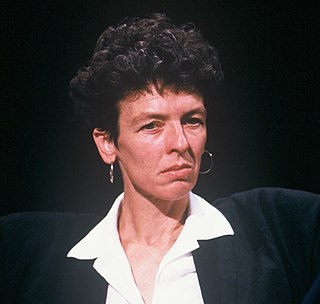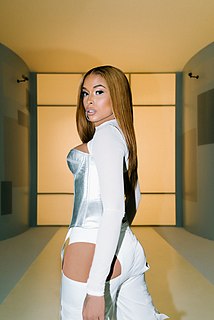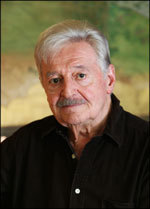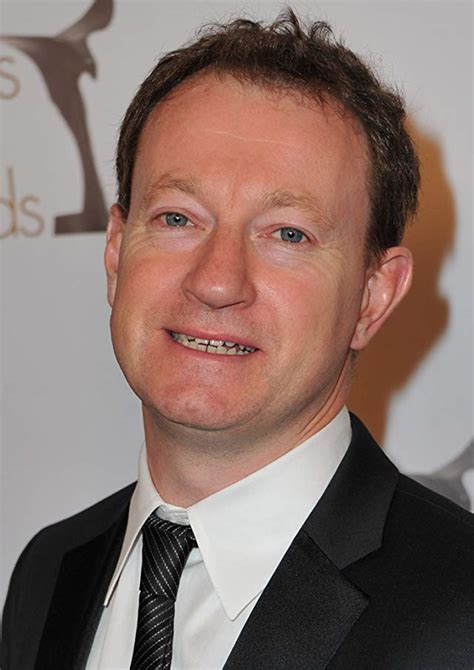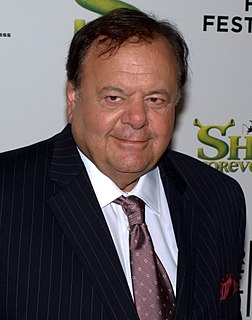A Quote by Beatrix Campbell
In the context of the great debates about identity politics - are you gay or straight, nationalist or republican, British or English and so on - I would ask, "Do you ride a bike?" I love everything about the machine - the sensation of the tyres on the road, the mobility - and I love the fact that you have this intimate relationship with the elements, and the landscape.
Related Quotes
Chunking is the ability of the brain to learn from data you take in, without having to go back and access or think about all that data every time. As a kid learning how to ride a bike, for instance, you have to think about everything you're doing. You're brain is taking in all that data, and constantly putting it together, seeing patterns, and chunking them together at a higher level. So eventually, when you get on a bike, your brain doesn't have to think about how to ride a bike anymore. You've chunked bike riding.
I learned to stop being English about things like love. If you make a film in England about love, it's hugely complicated. It's all about saying what the weather is like, and you're secretly telling someone you love them. You know what the English are like; they're very repressed people. You don't get that in India. India is incredibly un-cynical about love. It's a not a complicated thing. It's me, you, love. Let's go.
I don't buy into the idea that an Irish writer should write about Ireland, or a gay writer should write about being gay. But when I found the right story, I saw it as an opportunity to write about being a teenager and being gay. Most people, whether you're gay or straight or whatever, have experienced that relationship where one person is much more interested than the other.
Is It Unloving to Speak of Hell? If you were giving some friends directions to Denver and you knew that one road led there but a second road ended at a sharp cliff around a blind corner, would you talk only about the safe road? No. You would tell them about both, especially if you knew that the road to destruction was wider and more traveled. In fact, it would be terribly unloving not to warn them about that other road.
